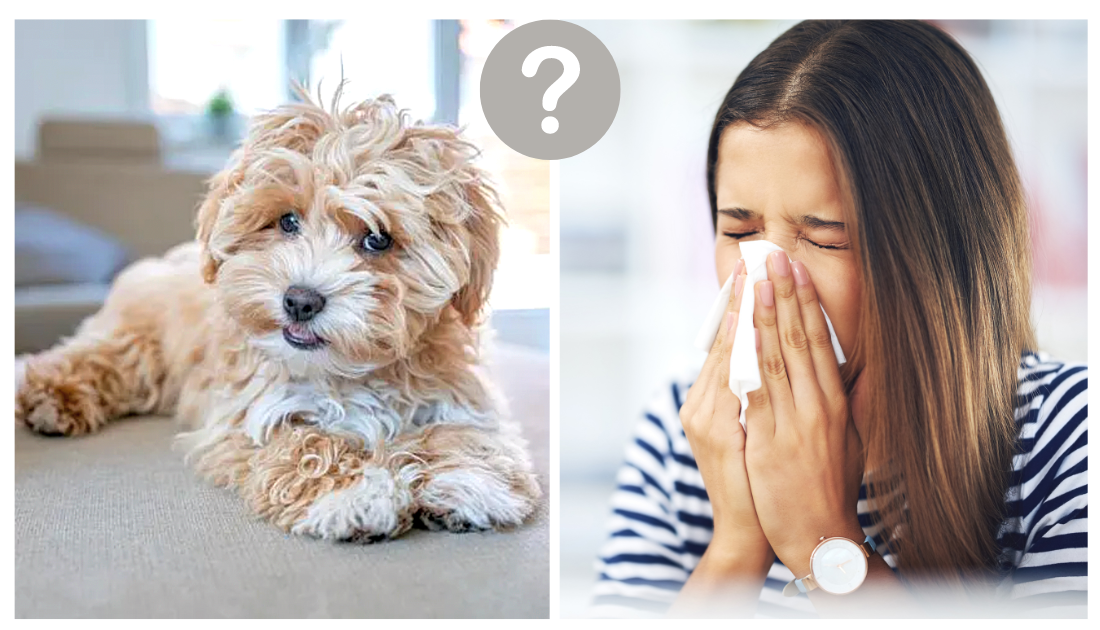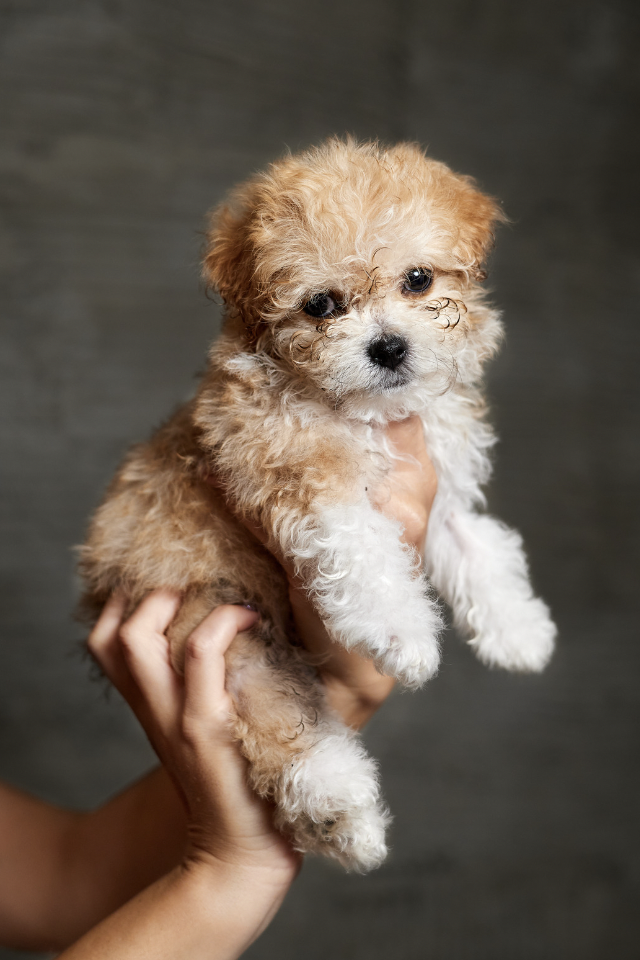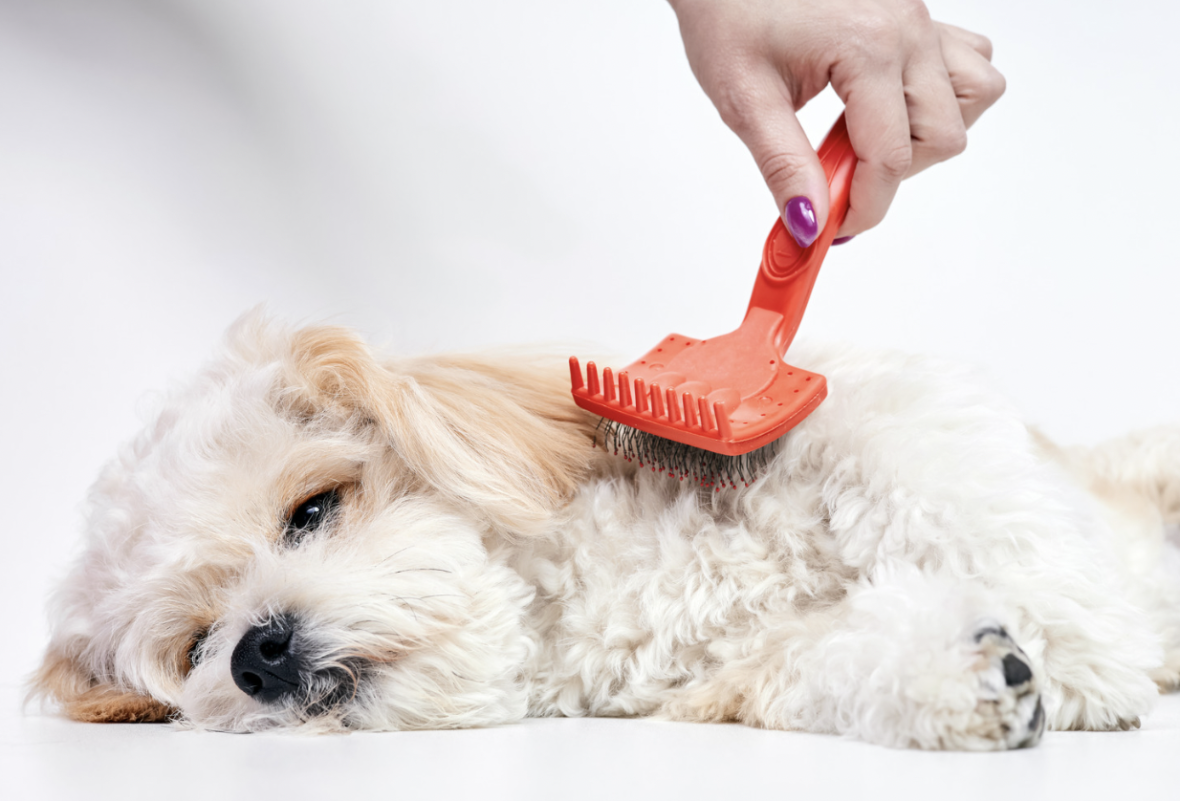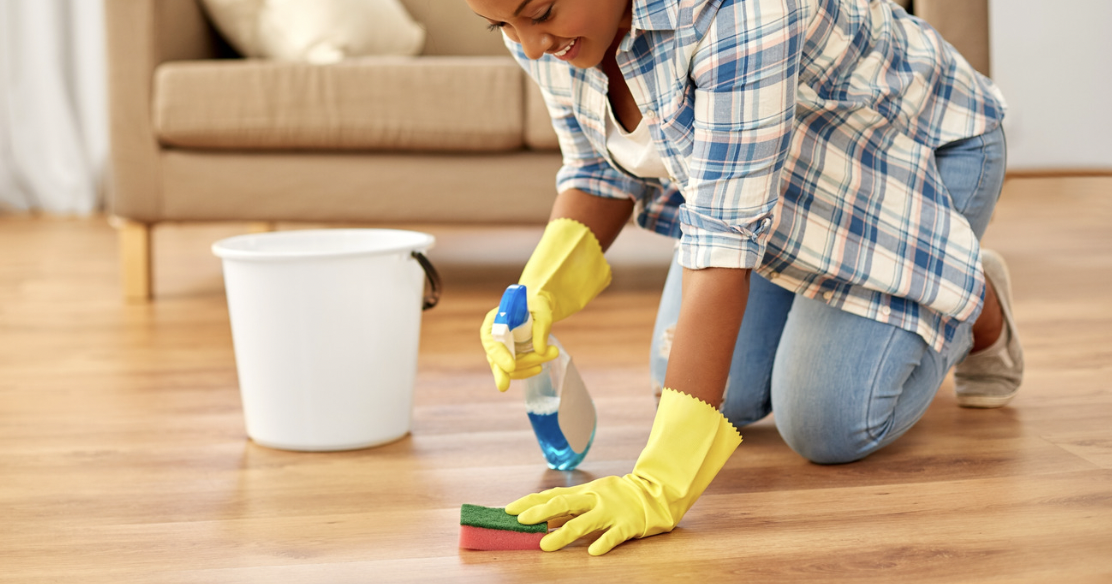Are Havanese Hypoallergenic Dogs?Separating Fact from Fiction

For dog lovers with allergies, finding a four-legged companion that won’t trigger incessant sneezing, watery eyes, or other allergic reactions can feel like an impossible quest. Enter the Havanese dog breed, often touted as hypoallergenic due to its unique coat. But how accurate is this claim?
In this article, we’ll unravel the truth behind this conundrum, exploring common misconceptions and offering expert advice on how to navigate the world of Havanese ownership with allergies in mind. Get ready to discover everything you need to know about Havanese and allergies – and why this breed might just be the perfect pup for you!
Havanese coats require regular grooming, including brushing, bathing, and trimming, to prevent matting and tangling, and to minimize shedding. However, even with meticulous grooming, Havanese still release a small amount of dander and hair into the environment, which can potentially trigger allergies in very sensitive individuals.
Pet Allergies are caused by allergens, which are proteins found in a pet’s skin cells, saliva, urine, and dander (tiny flakes of skin). When these allergens are released into the air and come into contact with a person’s skin, nose, or eyes, they can cause an allergic reaction. Despite their low-shedding coat, Havanese produce allergens just like any other dog breed, and they can still cause allergies in susceptible individuals.
So Are Havanese Hypoallergenic, Or Not?

The hypoallergenic label bestowed upon Havanese dogs stems from their unique coat composition. Unlike breeds with fur, Havanese have hair that grows continuously and possesses a human-like texture. This hair type tends to trap allergens, such as dander, more effectively, potentially reducing the amount of allergens released into the environment. However, it is important to note that no dog breed can be truly hypoallergenic, and individual sensitivities may still vary. To get a clearer picture, experts recommend spending time with Havanese dogs before committing to ownership to gauge personal allergic reactions.
Havanese dogs have a single coat of hair that grows continuously, similar to human hair, instead of a double coat of fur like many other dog breeds. This characteristic can result in reduced shedding and fewer allergens being released into the air. Additionally, Havanese dogs have minimal dander, which is a common allergen found in pet hair, skin cells, and saliva.
While the Havanese breed’s hypoallergenic reputation holds merit, it is essential to acknowledge that allergen sensitivity can vary greatly among individuals. Factors such as the severity of allergies, specific allergen triggers, and personal tolerance levels all play a role in determining whether a Havanese dog will be a suitable choice for allergy sufferers. Additionally, regular grooming, maintenance, and a clean living environment are crucial steps to minimize allergen exposure. In the following sections, we will explore in-depth the factors that contribute to the hypoallergenic nature of Havanese dogs and provide practical tips for managing allergies in their presence.
Debunking Myths about Hypoallergenic Breeds

The term “hypoallergenic” is often used to describe dog breeds that are believed to produce fewer allergens and, therefore, are considered more suitable for individuals with allergies. However, it’s important to understand that no dog breed is completely hypoallergenic. Even breeds that are labeled as hypoallergenic, such as Poodle, Bichon Frise, Maltipoo, and Yorkshire Terrier, can still produce allergens and cause allergies in sensitive individuals.
Best Supplement To Reduce Shedding


The AKC Does Not Recognize The Term Hypoallergenic
The American Kennel Club (AKC), a reputable organization that recognizes and registers purebred dogs, does not recognize the term “hypoallergenic” and does not classify any breed as hypoallergenic. The AKC acknowledges that all dogs produce allergens, and individual reactions to different breeds can vary widely. Therefore, it’s crucial to understand that the term hypoallergenic can be misleading, and careful consideration should be given to individual factors when choosing a dog breed for allergy-prone individuals.
Dr. Sarah Johnson, a renowned veterinarian specializing in allergies, shares her expertise on hypoallergenic dogs:
“No dog breed is entirely allergen-free”
Dr. Sarah Johnson, Veterinarian
“Hypoallergenic is a term often associated with certain dog breeds, but it’s important to understand that no dog breed is entirely allergen-free. While some breeds, like the Havanese, may produce fewer allergens or cause milder reactions in allergic individuals, it ultimately depends on the person’s specific allergies and sensitivities. It’s crucial for potential dog owners with allergies to spend time with the breed they are considering and gauge their personal response before making a decision.”
“Factors that contribute to a dog’s hypoallergenic nature include the type of coat they have and how they shed dander, as well as their grooming routine and living environment. Breeds with hair instead of fur, like the Havanese, tend to trap allergens closer to the skin, which can help reduce allergen dispersion. Regular grooming, including frequent baths and brushing, can also minimize allergen buildup on the dog’s coat.”
“However, it’s important to note that allergic reactions can vary from person to person. It’s always recommended for individuals with allergies to consult with an allergist or immunologist and consider allergy testing to identify specific triggers. Managing allergies in the presence of dogs may involve allergen avoidance strategies, such as keeping the home clean, using air purifiers, and limiting contact with areas where the dog spends most of its time.”
Dr. Johnson’s insights emphasize the importance of personalized consideration and thorough evaluation when it comes to hypoallergenic dog breeds.
Managing Allergies with a Havanese
If you are considering getting a Havanese and have allergies, there are several steps you can take to minimize allergen exposure and manage your allergies:
1. Regular grooming

As mentioned earlier, regular grooming is crucial in managing allergies with a Havanese. Brushing your Havanese coat regularly helps to remove loose hair and prevent matting, which can reduce the amount of dander and allergens in their coat and environment. Additionally, frequent bathing and trimming can also help minimize shedding.
2. Cleaning your home

Keeping your home clean and free from allergens is essential in managing allergies with a Havanese. Vacuum your home frequently with a vacuum cleaner that has a HEPA filter to trap pet dander and hair. Wash your Havanese bedding, toys, and other belongings regularly to remove any accumulated dander. Consider using air purifiers with HEPA filters in your home to reduce airborne allergens.
3. Personal hygiene

Washing your hands thoroughly with soap and water after handling your Havanese can help remove allergens from your skin and prevent them from spreading to your face, eyes, and nose. Avoid touching your face with your hands, especially if you have been in close contact with your Havanese. Changing your clothes after playing or cuddling with your Havanese can also help minimize allergen exposure.
4. Allergy medication
Over-the-counter or prescribed allergy medications, such as antihistamines, decongestants, and nasal corticosteroids, can help manage allergy symptoms, such as sneezing, itching, and congestion. Consult with your healthcare provider to determine the appropriate medication and dosage for your specific allergies.
5. Pet-free zones
Designating certain areas in your home as pet-free zones, such as your bedroom and any other rooms where you spend a significant amount of time, can provide a sanctuary free from allergens. Keeping your Havanese out of these designated areas can help reduce allergen exposure while you rest or relax.
6. Vacuum… A Lot!

Vacuum carpets, floors, and furniture with a vacuum cleaner equipped with a HEPA filter can effectively trap pet allergens. Washing your Havanese bedding, toys, and other belongings regularly can also help minimize allergen buildup.
7. Air purifiers
Investing in a high-quality air purifier with a HEPA filter can help filter out allergens from the air inside your home, including pet dander and hair. Place the air purifier in the rooms where your Havanese spends the most time, such as the living room or bedroom, to help create an allergen-free zone.


8. Allergy Shots
In some cases, allergy shots, also known as immunotherapy, may be recommended by your healthcare provider to help desensitize your immune system to allergens and reduce the severity of allergic reactions.
9. Don’t sleep with your dog
If you have allergies, it is generally not recommended to sleep with your dog, or any other pet that may trigger your allergies. While it may be tempting to snuggle up with your furry friend, sleeping with your dog can increase your exposure to allergens, including pet dander, saliva, and urine, which can potentially exacerbate your allergies. You should also Wash your bedding, including sheets, pillowcases, and blankets, regularly in hot water to remove any pet dander that may have accumulated.
Frequently Asked Questions (FAQs):
Are Havanese hypoallergenic?
Yes and No. They do shed, albeit to a lesser extent compared to some other breeds, and produce allergens that can potentially trigger allergies in sensitive individuals. But compared to other dogs they are about as hypoallergenic as you can get.
Can I still own a Havanese if I have allergies?
Yes, it is possible to own a Havanese if you have allergies, but it requires careful management of allergen exposure through regular grooming, cleaning, and other measures to minimize allergen buildup in the environment.
Are there any hypoallergenic dog breeds?
While some dog breeds, such as Poodle, Bichon Frise, and Yorkshire Terrier, are often labeled as hypoallergenic, it’s important to understand that no dog breed is completely hypoallergenic. All dogs produce allergens, and individual reactions to different breeds can vary widely.
Can grooming help reduce allergen exposure in Havanese?
Yes, regular grooming, including brushing, bathing, and trimming, can help reduce the amount of dander and hair in a Havanese coat and environment, which can minimize allergen exposure.
What other measures can I take to manage allergies with a Havanese?
In addition to regular grooming, other measures to manage allergies with a Havanese include frequent cleaning of the environment, using air purifiers with HEPA filters, practicing good personal hygiene, and consulting with your healthcare provider or allergist for appropriate medication or allergy shots.
What other dog breeds are hypoallergenic?
Some other dog breeds that are often considered hypoallergenic include the Poodle, Bichon Frise, and Yorkshire Terrier. However, it’s important to note that no dog breed is completely hypoallergenic, and individual reactions to different breeds can vary.
How does a Havanese compare to a Portuguese Water Dog in terms of allergen production?
Both Havanese and Portuguese Water Dogs are single coated dogs and typically low-shedding.
Should I consider pet insurance for my Havanese?
Pet insurance can provide financial protection in case of unexpected medical expenses for your Havanese, just like with any other dog breed. However, it’s important to research different pet insurance providers, coverage options, and costs to find a plan that best fits your Havanese specific needs and your budget.
Are there any other small dog breeds that are suitable for someone with allergies?
Yes, there are several other small dog breeds that are often considered suitable for individuals with allergies. Some examples include the Bichon Frise, Maltese, and Yorkshire Terrier. However, it’s important to remember that no dog breed is completely hypoallergenic, and individual reactions can vary. Regular grooming, cleaning, and managing allergen exposure are still important considerations for any small dog breed, including Havanese.
How can I minimize loose hair and dander in my Havanese coat?
Regular grooming practices can help minimize loose hair and dander in your Havanese coat. This includes brushing your Havanese coat at least a few times a week to remove loose hair and prevent matting, as well as regular bathing to keep the coat clean and reduce dander buildup. Trimming the coat regularly can also help manage shedding and dander production.
How often should I groom my Havanese to manage allergen exposure?
Grooming requirements may vary depending on your Havanese’s coat type and personal preferences, but generally, Havanese should be groomed at least every 4-6 weeks. This includes brushing, bathing, and trimming the coat to manage shedding and dander production. Regular grooming, along with other measures like cleaning the environment and practicing good personal hygiene, can help reduce allergen exposure and minimize potential allergic reactions.
Are there any specific grooming techniques that can help reduce allergen production in my Havanese’s coat?
es, there are some specific grooming techniques that can help reduce allergen production in your Havanese’s coat. One technique is to use a slicker brush or a comb with closely spaced teeth to remove loose hair and prevent matting. This can help reduce the amount of hair that falls out and ultimately reduces the amount of dander in the environment. Additionally, regular baths with a mild dog shampoo can help keep the coat clean and reduce dander buildup.
Can I prevent allergies by getting a Havanese puppy instead of an adult dog?
While getting a Havanese puppy may reduce your exposure to allergens initially, it does not guarantee that you won’t develop allergies in the future. Allergies can develop over time as your body becomes sensitized to allergens. It’s important to spend time with adult Havanese before making a decision, as allergen levels may vary even among puppies of the same breed.
Do Havanese require frequent visits to a professional groomer?
Havanese do require regular grooming, including brushing, bathing, and coat trimming. While some Havanese owners choose to groom their dogs at home, many prefer to take their Havanese to a professional groomer. A professional groomer can help ensure that your Havanese’s coat is properly maintained, reducing the risk of matting, dander buildup, and potential allergic reactions.
Can I manage allergies by keeping my Havanese’s coat short?
Keeping your Havanese’s coat short can help manage allergen production to some extent, as it reduces the amount of loose hair and dander that may be shed. However, it’s important to note that even with a short coat, Havanese still produce allergens and regular grooming and cleaning are still necessary to reduce allergen exposure.
Are there any specific environmental factors I should consider to manage allergies in my Havanese?
Yes, managing the environment can be an important aspect of managing allergies in your Havanese. Some environmental factors to consider include regular cleaning of your home, including vacuuming carpets and upholstery, using air purifiers with HEPA filters, washing your Havanese’s bedding regularly, and keeping your home well-ventilated. Additionally, minimizing exposure to outdoor allergens, such as pollen and mold, can also help reduce potential allergen triggers for your Havanese.
Is pet insurance necessary for my Havanese?
While pet insurance is not mandatory, it is highly recommended for all dog owners, including Havanese owners. Havanese, like any other breed, can face potential health issues, such as dental problems, allergies, patellar luxation, and respiratory issues. Pet insurance can help cover unexpected medical expenses, ensuring that your Havanese receives proper veterinary care without causing financial strain.
Can I train my Havanese to reduce allergen production?
While you cannot train your Havanese to reduce allergen production, you can train them to tolerate grooming and regular cleaning, which can help manage allergen exposure. Training your Havanese to be comfortable with brushing, bathing, and coat trimming from a young age can make the grooming process easier and more effective in reducing loose hair and dander. Regular grooming sessions can also help you bond with your Havanese and ensure their overall health and well-being.
Can I sleep with my dog if I have allergies
If you have allergies, it is important to create an allergen-free sleeping environment to help minimize your exposure to potential triggers. Designate your bedroom as a pet-free zone to create a dander-free sleeping environment. This means not allowing your dog, or any other pets, to sleep on your bed or spend prolonged periods of time in your bedroom.
Related Articles:
- 67 Shades of Doodles: Discovering the Charm of These Popular Designer Dogs
- A Teacup Maltipoo or a Gallon of Milk—Which Weighs More?!
- 55 Hypoallergenic Dog Breeds You Might Be Able To Live With If You Have Allergies
